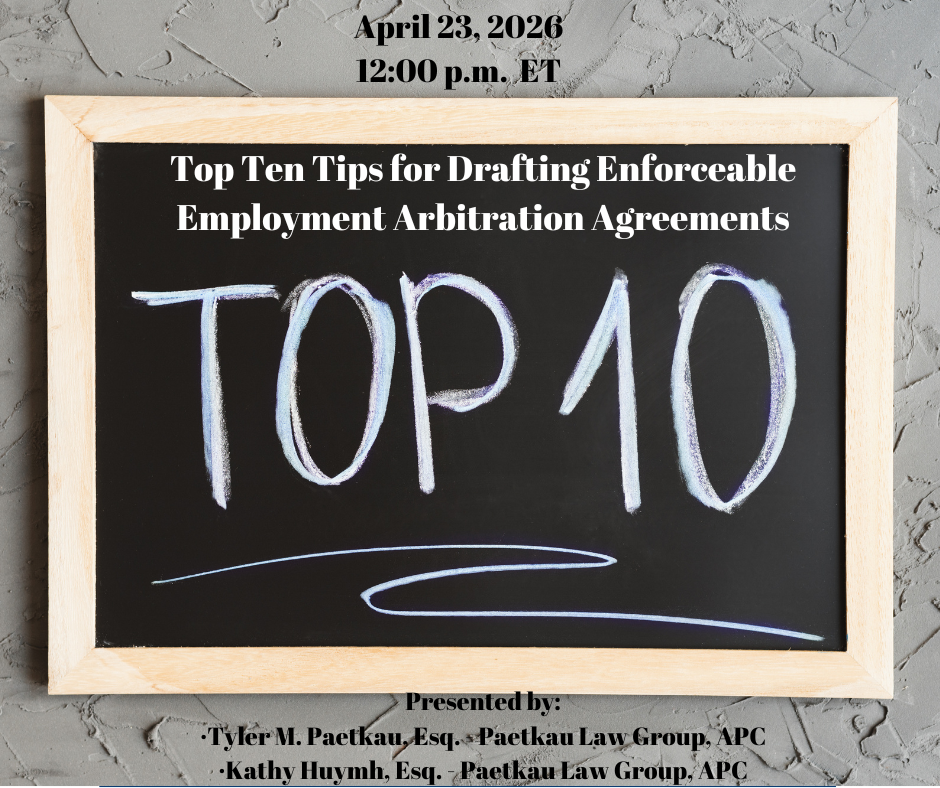
Exciting new series on “Voice, Body and Movement for Lawyers – How to connect with the jury and find Justice Through Dramatic Technique!”
Click here to find out more
Companies are overflowing with information. Data is generated at a remarkable rate. What can be kept? What can be destroyed? This timely information helps the persons responsible for drafting document retention policies define the key objectives of the policy and satisfy the necessary legal requirements. Learn the proper elements of legal hold and the consequences for failing to properly implement such hold.
This material provides critical step-by-step guidance to policy-drafters in order to achieve results which are compliant, easily understood and feasible to implement. It also offers practical advice in the challenging areas of email retention and use of personal mobile devices (Bring-Your-Own-Device).

This program explores listening as a foundational yet under-taught lawyering skill that directly imp...

Evidence Demystified Part 2 covers key concepts in the law of evidence, focusing on witnesses, credi...

‘A Lawyer’s Guide To Mental Fitness’ is a seminar designed to equip professionals ...

This advanced CLE dives into complex GAAP topics relevant to attorneys advising corporate, regulator...

The landscape of global finance is undergoing a seismic shift as traditional assets migrate to the b...

In the rapidly evolving landscape of employment law, arbitration agreements have become a cornerston...

Attorneys and law firms are well known vectors for money laundering risk. Banks regularly labe...

In high-stakes, high-pressure environments like the legal field, even the most accomplished professi...

Loneliness isn’t just a personal issue; it’s a silent epidemic in the legal profession t...

Navigating Stress and Trauma in the Legal Profession, explores the unique challenges faced by legal ...